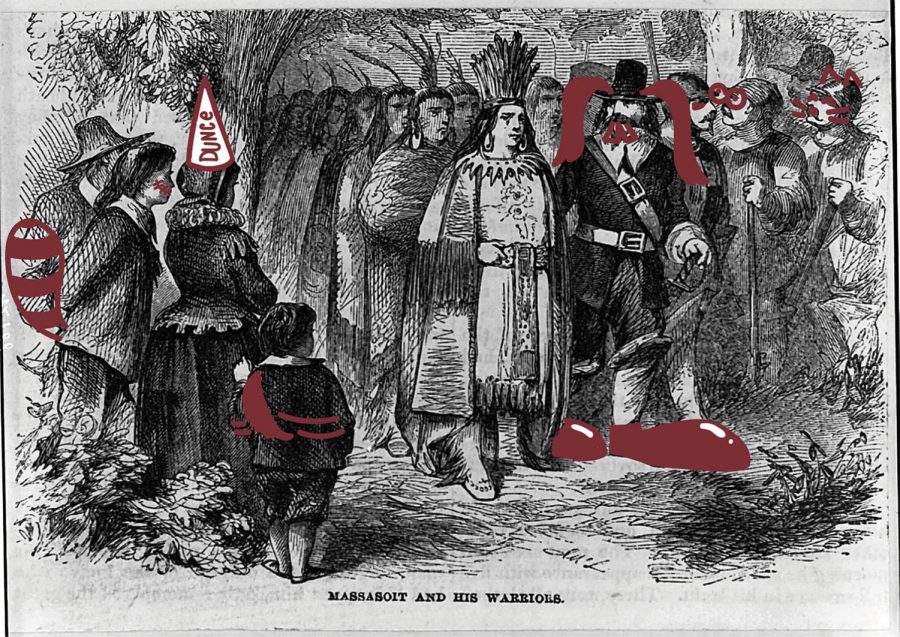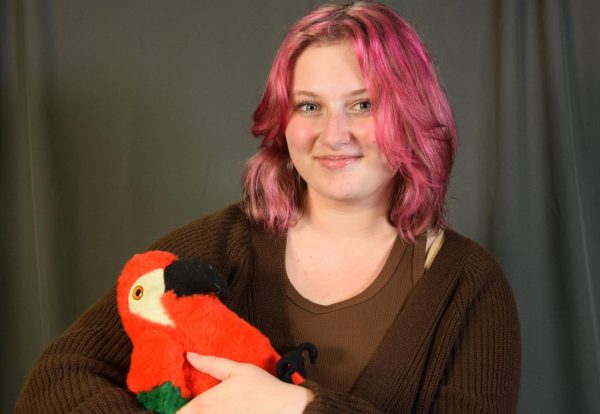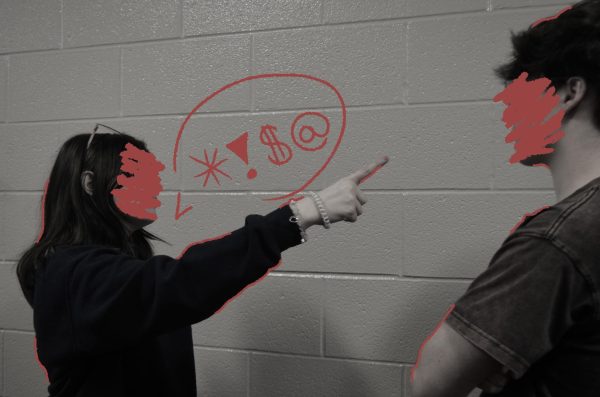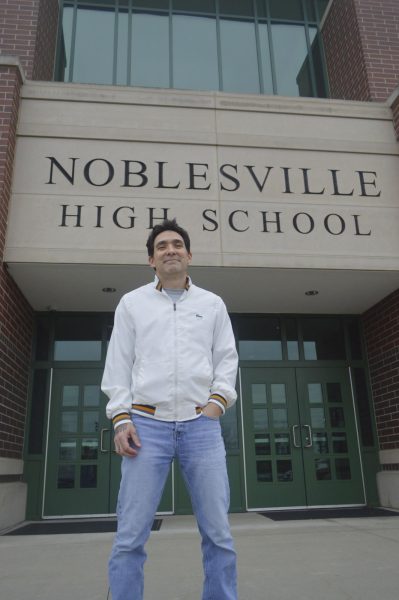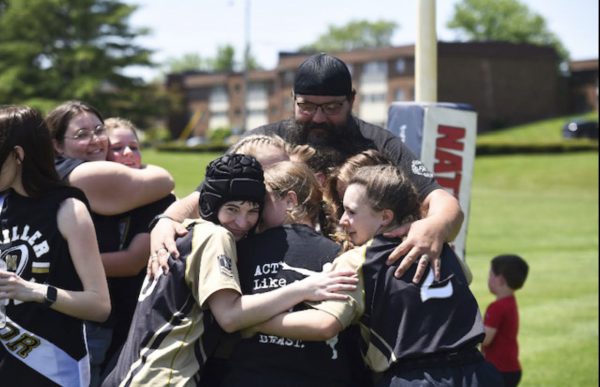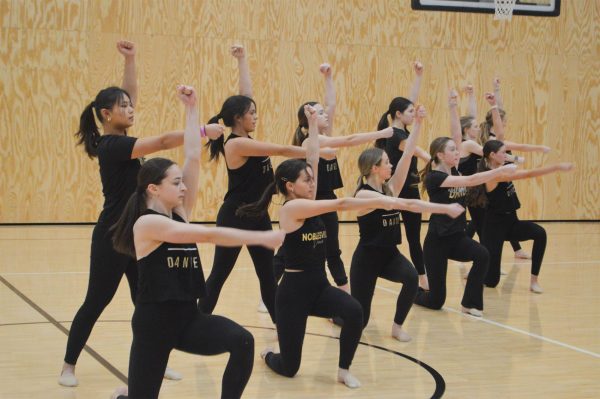The real history: The culture and ideology behind Thanksgiving is harmful
December 7, 2022
On one day out of the year, families gather to celebrate, to feast and to give thanks for all they have—but what’s never mentioned is that they’re celebrating what their ancestors have taken. Thanksgiving has been popularized in parades, children’s plays and elementary school curriculum as a celebration of colonial America and the friendly relationship between indigenous peoples and early settlers. But after centuries of intolerance and systemic oppression, Thanksgiving should no longer be celebrated as a festive occasion.
Although Thanksgiving today is centered on family, the holiday itself is still framed as an occasion which celebrates the original Native American and settler relationship. However, after the way Native peoples have historically been treated, Thanksgiving and what it celebrates is extraordinarily tone deaf.
In fact, as we’ve been taught in elementary school history lessons, the only reason a Thanksgiving feast was established was for a celebration marking the end of the original settlers’ journeys. But those lessons leave out a lot of important context.
Even as settlers were transmitting deadly diseases, forcing labor, and exploiting Native people, a narrative was constructed -and passed on in popular culture- in which settlers were welcomed by Natives. Perhaps this was an attempt to quell the guilt of decimating and abusing an entire civilization.
European entitlement towards resources and labor belonging to Native tribes was also somewhat related to the concept of Manifest Destiny, according to Brandon Swart, a U.S. history teacher at NHS. Manifest Destiny, particularly in the context of early America, refers to not only the desire, but the perceived right to steal land and resources indigenous peoples already possessed.
However, the blatant mistreatment of Indigenous peoples goes far beyond early American settlements.
Native American portions of the U.S. populace weren’t even recognized as full citizens of the United States until 1924. People who had lived in the Americas long before settlers ever arrived, were not allowed to vote, or participate in American politics.
Not only that, but the U.S. government allowed states to establish schools with the expressed purpose of erasing Native culture, and assimilating Indigenous children into traditional European American society and ideals. These schools enabled cultural erasure and abuse of children, by taking them away from their families and banning participation in cultural beliefs or practices.
Property laws were made in a calculated, deliberate manner to take advantage of Indigenous Americans who married white Americans. If the couple had a child, that child would be listed as white on any sort of census or legal record. This enabled the legal, but unethical, transfer of Native property to the white population.
One collection compiled by the Indianapolis Public Library shows how Indigenous peoples in America often mourn on Thanksgiving day rather than celebrate. They mourn the genocide of their people, the centuries long oppression, and the ancestral land taken from their people.
While Thanksgiving does not carry the same weight for all Americans, it is absolutely imperative to recognize the shared history of native peoples and Europeans who settled in America, in particular, the history of oppression, exploitation, and murder of indigenous populations. Rather than celebrating people who stole from and murdered indigenous peoples, Americans should celebrate the resiliency and strength of Native peoples.


